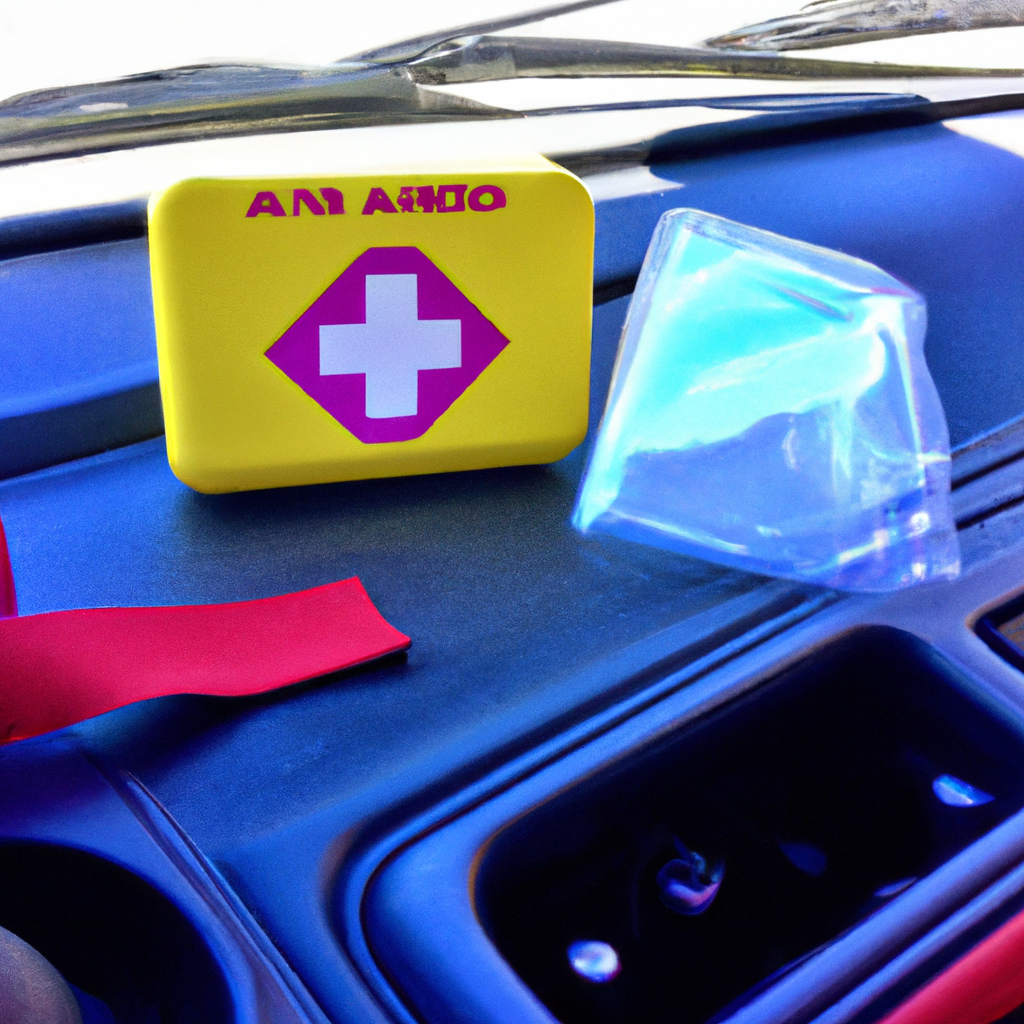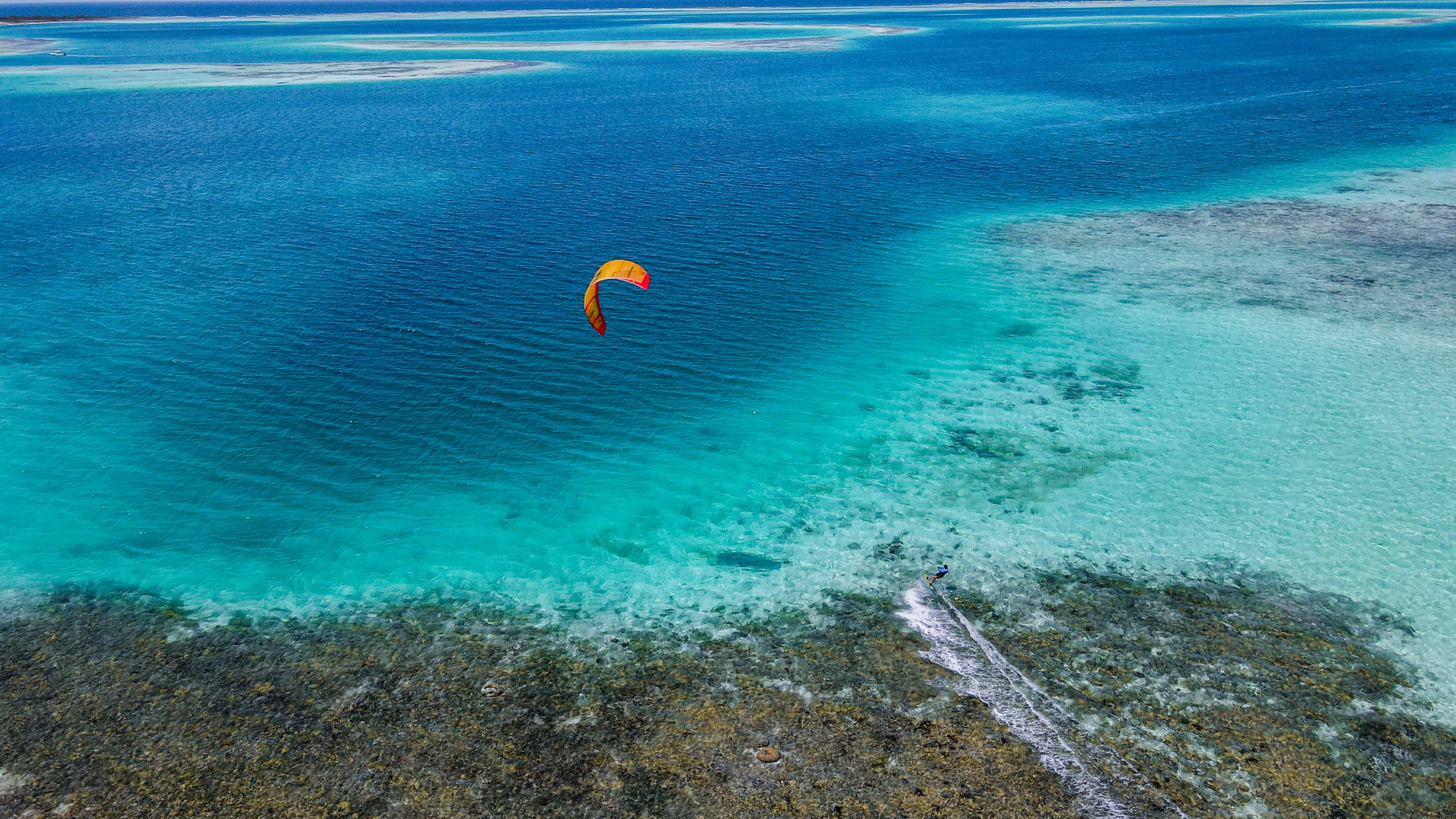Are you ready to hit the open road and embark on a thrilling adventure in your RV? Before you start planning your route and packing your bags, it’s essential to prioritize your safety. In this article, we will provide you with a comprehensive guide on RV safety tips, ensuring that you have a secure and enjoyable journey every step of the way. From basic maintenance checks to practical driving strategies, we’ve got you covered. So, buckle up and get ready to learn how to stay safe on every adventure in your RV.
Pre-trip Preparations
Perform a pre-trip inspection
Before embarking on any journey with your RV, it is crucial to perform a thorough pre-trip inspection. This includes checking the tires, brakes, fluid levels, and overall condition of your vehicle. Make sure all components are in proper working order and address any maintenance concerns before hitting the road. By doing so, you’ll minimize the risk of unexpected breakdowns during your trip.
Check tire conditions and pressure
One of the most critical aspects of RV safety is maintaining proper tire conditions and inflation. Inspect the tires for any signs of wear or damage, such as cracks or bulges. Ensure that the tire pressure is at the manufacturer’s recommended level, as underinflated or overinflated tires can affect your RV’s handling and increase the risk of a blowout.
Ensure proper weight distribution
Proper weight distribution is essential for a safe and stable RV journey. Ensure that your belongings and equipment are evenly distributed throughout the vehicle to avoid overloading any particular area. Pay attention to your RV’s weight limits and make adjustments as necessary. Avoid exceeding the maximum weight capacity to prevent strain on tires, suspension, and other components.
Test all safety equipment
Before hitting the road, it is crucial to test all safety equipment in your RV. This includes checking the functioning of smoke detectors, CO2 detectors, and fire extinguishers. Replace batteries if needed and ensure that these devices are in proper working condition throughout your trip. Safety should always be a top priority.
Secure loose items inside the RV
Traveling in an RV means that there may be some movement while on the road. It is essential to secure any loose items inside the vehicle to prevent them from becoming projectiles or causing injuries in the event of sudden stops or sharp turns. Secure cabinets, drawers, and other storage areas, and use bungee cords or straps to hold larger items in place. This simple step can go a long way in ensuring your safety and the safety of your fellow travelers.
Safe Driving Practices
Get familiar with the RV’s dimensions
RVs come in various sizes, and it is crucial to familiarize yourself with the dimensions of your particular vehicle. Take note of the height, width, and length, and understand how these dimensions may affect your maneuverability on the road. By knowing your RV’s limitations, you can avoid accidents, such as hitting low-clearance structures or colliding with other vehicles due to misjudging your vehicle’s size.
Adjust mirrors for optimal visibility
Properly adjusted mirrors are vital for maintaining optimal visibility while driving your RV. Take the time to adjust your side mirrors and rearview mirror to provide the widest possible view of your surroundings. With a clear view, you’ll be able to navigate traffic, change lanes, and park your RV with confidence, reducing the risk of accidents.
Maintain a safe following distance
Due to their larger size and increased weight, RVs require more time and distance to come to a complete stop compared to smaller vehicles. Therefore, it is crucial to maintain a safe following distance between your RV and the vehicle in front of you. Increase the recommended following distance to give yourself ample time to react in case of sudden stops or emergencies.
Use turn signals and check blind spots
Just like driving any other vehicle, signaling your intentions is crucial when driving an RV. Always use your turn signals well in advance to alert other drivers of your intended actions. Additionally, be diligent about checking your blind spots before changing lanes or making turns. RVs can have larger blind spots than regular cars, making it essential to double-check your surroundings to avoid accidents.
Avoid distracted driving
Distracted driving is a considerable risk on the road, posing a threat to yourself and other drivers. Keep your focus on the task at hand – driving. Avoid distractions such as using your phone, eating, or engaging in activities that take your attention away from the road. Remember that your responsibility is to safely operate your RV and ensure the well-being of everyone on board.
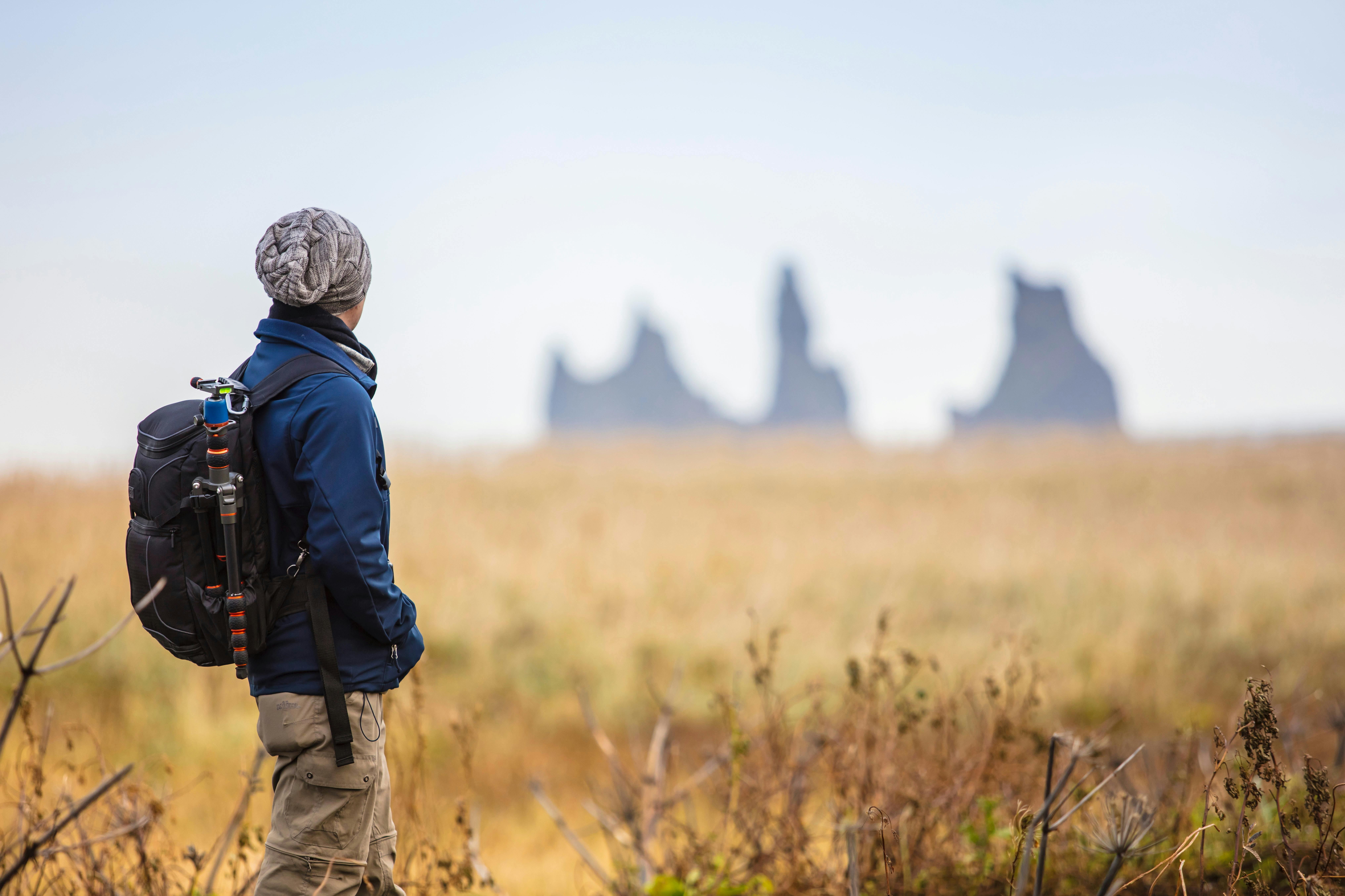
Campground Safety
Select a safe and suitable campsite
When choosing a campsite, opt for a location that is safe and suitable for your RV. Look for well-maintained campgrounds with level and stable ground, away from steep slopes or potential hazards. Consider the availability of safety features such as fire rings and proper lighting. Prioritize your well-being by selecting a spot that offers a comfortable and secure environment.
Level and stabilize the RV properly
Properly leveling and stabilizing your RV is crucial to ensure your safety and comfort while parked. Use leveling blocks or stabilizing jacks to even out the surface and make the RV level. This not only prevents furniture and appliances from shifting but also enhances stability, reducing the risk of accidents or injuries inside the vehicle.
Be cautious of electrical hookups
Electrical hookups at campgrounds provide a convenient power source for your RV. However, it is essential to exercise caution when using them. Always inspect the electrical connection for any damage or signs of wear. Use a surge protector to safeguard your RV’s electrical system from power surges. Remember to follow the proper procedures for connecting and disconnecting your RV from the electrical hookup to prevent any electrical hazards.
Keep a safe distance from campfires
Campfires are a delightful part of any camping experience, but it’s essential to maintain a safe distance from them. Keep a reasonable distance between your RV and the campfire to prevent the risk of sparks or flying embers causing damage to your vehicle. Remember to observe campground rules and regulations regarding fires to ensure everyone’s safety.
Lock doors and windows when leaving
Whether you’re going for a short hike or exploring the local area, always remember to lock all doors and windows when leaving your RV. This simple practice helps protect your belongings and discourages unauthorized entry into your vehicle. It provides peace of mind knowing that your valuables and personal items are secure while you’re away.
Fire Safety
Install smoke detectors and fire extinguishers
Installing functional smoke detectors and fire extinguishers is an essential step in fire safety for your RV. These devices can alert you in case of smoke or fire, providing valuable time to safely evacuate and potentially minimize any damages. Ensure that the smoke detectors have fresh batteries and that the fire extinguishers are within reach and are in good working condition.
Develop and practice a fire escape plan
Be prepared for emergencies by developing a fire escape plan specifically tailored for your RV. Identify the primary and secondary exits and create a clear route to exit the vehicle quickly. Discuss and practice the escape plan with everyone on board, including children. By being prepared and familiar with the procedures, you can respond calmly and efficiently in the event of a fire.
Never leave cooking unattended
Cooking in an RV can be enjoyable, but it’s crucial to never leave the cooking area unattended, especially when using open flames or hot surfaces. Stay vigilant and keep an eye on your cooking to prevent any potential fire hazards. Be cautious of flammable materials and ensure they are kept away from heat sources.
Keep flammable items away from heat sources
To reduce the risk of fire accidents, it is important to keep flammable items away from heat sources. Store items such as gasoline, lighter fluids, and propane tanks in designated areas, away from any potential ignition sources. Be mindful when using portable heaters or other appliances that generate heat to maintain a safe distance from combustible materials.
Regularly check propane system for leaks
Propane is commonly used to fuel various appliances in an RV, such as stoves, refrigerators, and water heaters. It is crucial to regularly check the propane system for leaks. Be aware of any unusual smells (like rotten eggs), hissing noises, or signs of damaged propane lines or fittings. If you suspect a propane leak, vacate the RV immediately, turn off the main supply valve, and seek professional assistance to address the issue promptly.
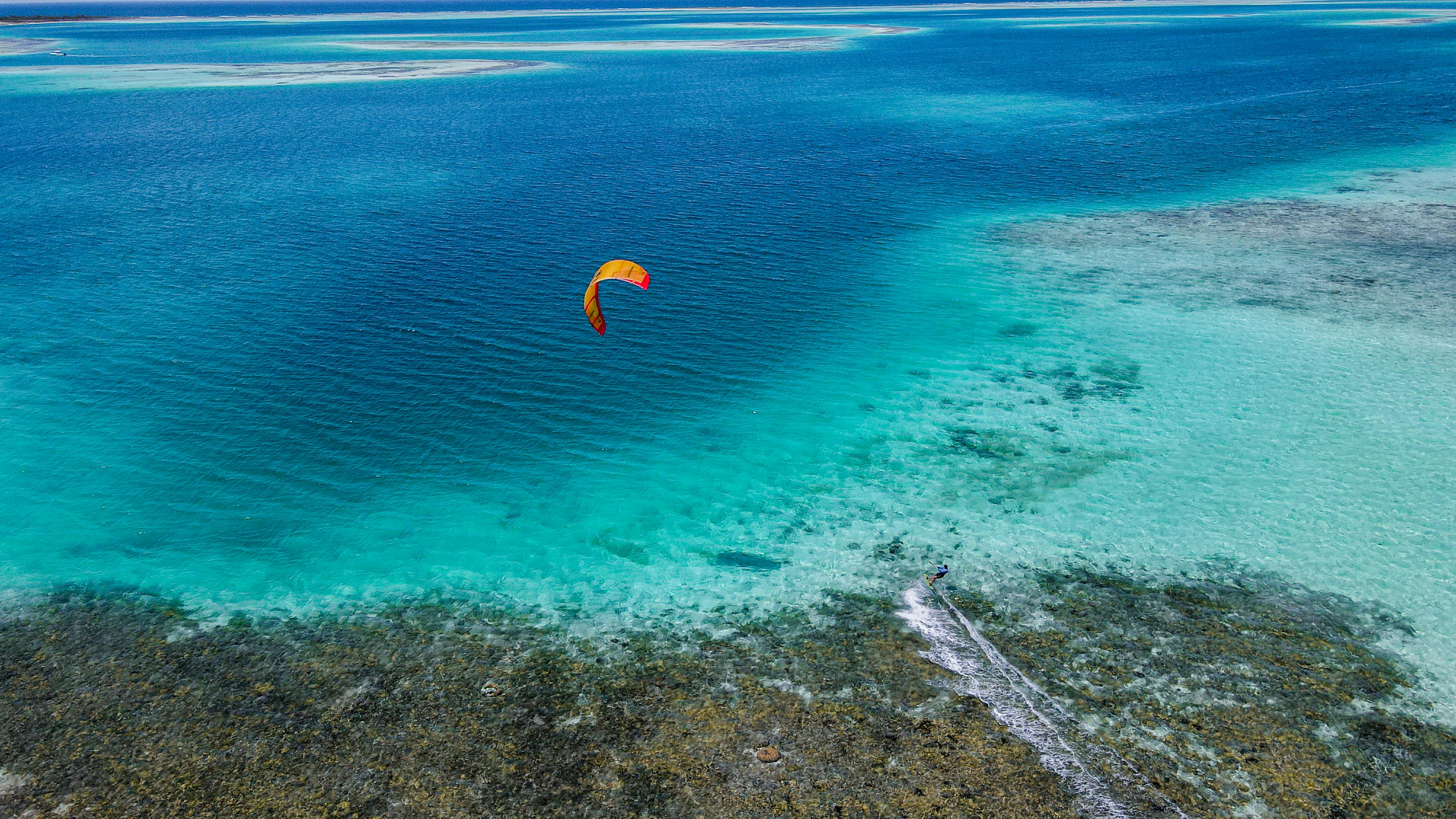
Propane Safety
Know how to properly turn off and on the propane system
It is important to understand how to properly turn off and on the propane system in your RV. Familiarize yourself with the location of the main propane supply valve and the proper procedures for shutting it off and turning it back on. This knowledge is essential in case of emergencies or to minimize potential hazards when not using the propane system.
Inspect propane lines and fittings
Regularly inspect the propane lines and fittings in your RV for any signs of wear, damage, or leaks. Look for cracks, loose connections, or areas with visible damage. Address any issues promptly by replacing damaged parts or seeking professional assistance. This proactive approach ensures that the propane system remains safe and reliable.
Keep propane tanks secured while traveling
When on the road, it is vital to secure your propane tanks properly. Ensure that the tanks are securely fastened and that they are not at risk of tipping, shifting, or coming loose while driving. Properly secured propane tanks minimize the risk of damage or leaks, ensuring a safer journey for you and other drivers on the road.
Do not use propane appliances while refueling
When refueling your RV at gas stations, it is crucial to avoid using propane appliances during this time. Turn off all propane appliances, including stoves, water heaters, and refrigerators, as a precautionary measure. Propane is highly flammable, and using these appliances near an active fueling area can pose significant risks.
Be aware of propane odor and signs of a leak
Propane has a distinct odor, often described as a rotten egg smell, added to help detect any potential leaks. If you detect this smell, it is crucial to take immediate action. Evacuate the RV, turn off the main propane supply valve, and seek professional assistance to identify and address the source of the leak. Responding promptly to propane leaks is essential for your safety.
Electrical Safety
Use proper adapter and surge protectors
Using the correct adapter and surge protectors is vital when connecting your RV to electrical outlets. Different campgrounds may have varying electrical systems, and using the wrong adapter can result in electrical hazards. Additionally, a surge protector helps safeguard your RV’s electrical system from power surges, ensuring the safe operation of your appliances and equipment.
Inspect electrical cords for damage
Regularly inspect the electrical cords used in your RV for any signs of damage. Look for frayed wires, cracks in the insulation, or loose connections. Damaged cords can lead to electrical malfunctions or, even worse, electrical shocks or fires. Replace any damaged cords immediately to maintain a safe electrical system in your RV.
Avoid overloading electrical outlets
Overloading electrical outlets can lead to overheating, which increases the risk of electrical fires. Be mindful of the number of appliances or devices plugged into one outlet and avoid using excessive extension cords or power strips. Distribute the load across multiple outlets to prevent overloading and reduce the risk of electrical hazards.
Do not leave electrical appliances running unattended
To prevent electrical accidents, never leave electrical appliances running unattended inside your RV. This applies to appliances such as heaters, air conditioners, or kitchen appliances. Turn them off when not in use to minimize the risk of malfunctions or accidental fires.
Turn off all electrical equipment before plugging or unplugging
Before plugging or unplugging any electrical equipment in your RV, it is essential to turn off all electrical equipment. This practice prevents accidental shocks or surges that may occur due to connections being made or broken while the equipment is still powered. Take a moment to ensure that all switches are off before handling electrical connections.

Water Safety
Regularly sanitize fresh water tanks
Freshwater tanks in an RV can become breeding grounds for bacteria if not properly maintained. Regularly sanitize the tanks to ensure the water remains safe for consumption. Follow the manufacturer’s instructions or consult an RV professional to properly sanitize your fresh water system. By doing so, you can minimize the risk of waterborne illnesses and enjoy clean and safe drinking water during your travels.
Test water quality before consumption
Water quality can vary from one location to another. Before consuming water from campground sources or when filling up your fresh water tanks, it is advisable to test the water quality. You can use test kits available for RV water testing or consult local resources. This simple step helps ensure that the water you use is free from harmful contaminants.
Use water filters or purifiers
Installing water filters or purifiers in your RV is an additional measure to enhance water safety. These devices can remove impurities, odors, or undesirable tastes, providing cleaner and healthier water for your daily needs. Research and choose the appropriate water filtration or purification system based on your specific requirements and the places you plan to visit.
Drain and winterize the water system when needed
In colder climates or during winter months, it is crucial to drain and winterize the water system in your RV. Freezing temperatures can cause pipes to burst or other water-related issues. Follow proper winterization procedures outlined in your RV’s manual to prevent damage from freezing and ensure that your water system remains safe and functional.
Avoid using fresh water from unknown sources
When camping in remote or unfamiliar areas, it is best to avoid using fresh water from unknown sources. While nature may provide seemingly clean water sources, they may still contain harmful bacteria, parasites, or other contaminants. Rely on your own fresh water supply or use trusted water sources such as designated fill stations or approved campground hookups.
Preventing Insect Infestations
Seal all entry points to the RV
Prevent insects from entering your RV by sealing all potential entry points. Check doors, windows, vents, and any other openings for gaps or cracks that may allow pests to gain access. Use suitable sealing materials such as weatherstrips, caulk, or foam to block these entryways effectively.
Inspect and clean the RV regularly
Regularly inspecting and cleaning your RV can help prevent insect infestations. Pay close attention to nooks, crannies, and storage areas where pests may find shelter. Keep the interior clean and free from food residues that may attract insects. Routinely check and empty garbage containers to minimize the presence of pests.
Store food in sealed containers
To deter insects from invading your RV, store all food items in sealed containers. This prevents pests from detecting and accessing potential food sources. Opt for airtight containers that are resistant to pests, ensuring that your food remains fresh, safe, and pest-free throughout your trip.
Use natural repellents and insect screens
Natural repellents and insect screens can help keep insects at bay while allowing airflow inside your RV. Consider using screens on windows and vents to prevent insects from entering. You can also use natural repellents such as citronella candles or essential oils to deter pests from invading your living space.
Avoid camping near stagnant water or trash
When selecting a campsite, be mindful of the surrounding environment. Avoid camping near stagnant water sources or areas with excessive trash that may attract pests. By choosing a clean and well-maintained location, you can minimize the risk of insect infestations and enjoy a more comfortable camping experience.
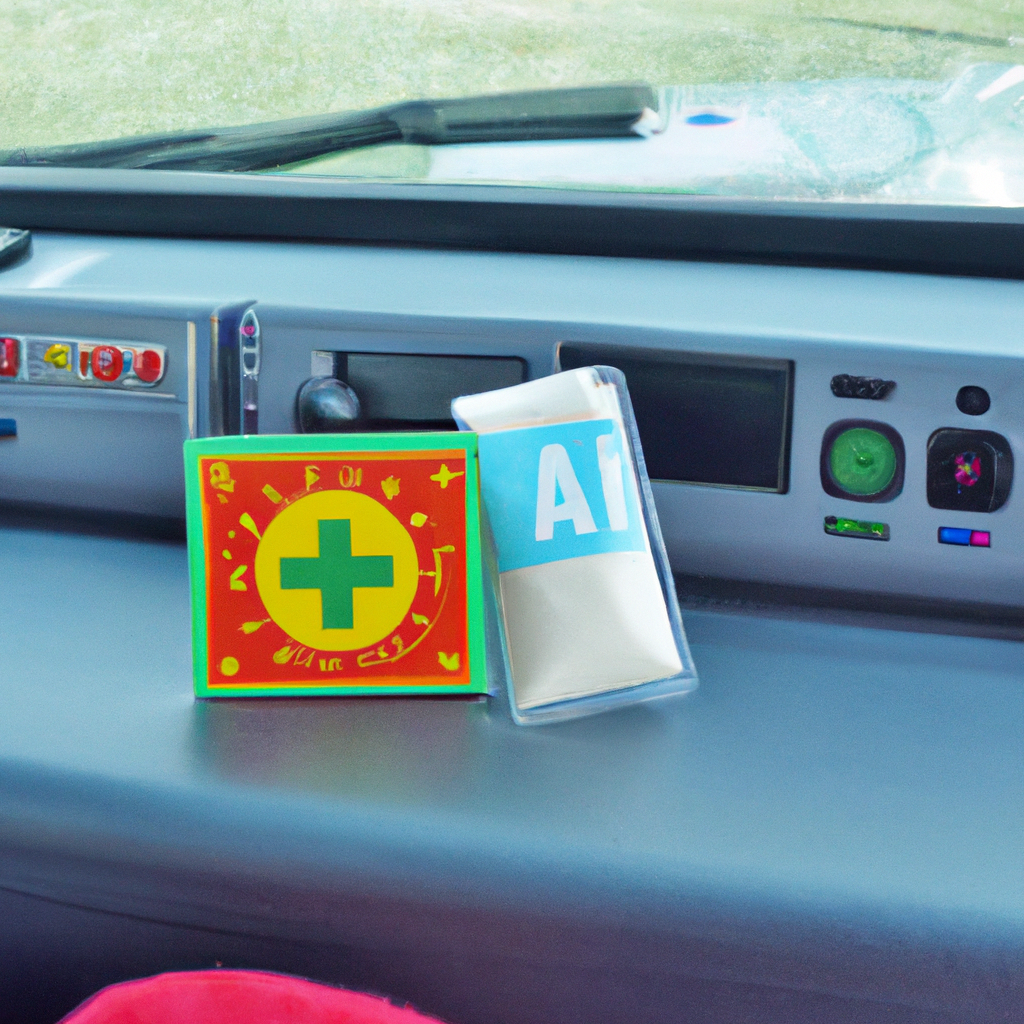
Emergency Preparedness
Create an emergency kit
Preparing an emergency kit is essential to ensure your safety during unexpected situations. Include items such as first aid supplies, flashlights, batteries, a portable phone charger, blankets, and non-perishable food items. Customize your emergency kit based on your specific needs and ensure that it is easily accessible in case of emergencies.
Know the location of emergency exits
Familiarize yourself with the locations of emergency exits in your RV. Identify primary and secondary exit points and understand how to quickly and safely evacuate the vehicle in case of emergencies. Communicate this information to your travel companions and review it periodically.
Have a reliable means of communication
Maintaining communication during emergencies is crucial. Ensure that you have a reliable means of communication, such as a fully charged mobile phone, a two-way radio, or a satellite phone. This enables you to seek assistance, share important information, and stay connected with emergency services if needed.
Stay informed about weather conditions
Stay informed about weather conditions by monitoring local forecasts and alerts. Be aware of potential severe weather events and plan accordingly. Prepare for adverse weather conditions by securing your RV, seeking shelter, or altering your travel plans if necessary. Being proactive and aware of weather conditions can help keep you safe and informed during your trip.
Understand basic first aid and CPR
Having knowledge of basic first aid and CPR can be invaluable during emergencies. Consider taking a first aid and CPR course before your RV adventure. Learn how to respond to common injuries, perform CPR, and manage medical emergencies until professional help arrives. Equipping yourself with these skills prepares you to handle unforeseen situations and potentially save lives.
Driving in Inclement Weather
Check weather forecast before departure
When planning your travel, always check the weather forecast for your intended route and destination. Stay updated on any potential inclement weather conditions that may affect your journey. This will allow you to make informed decisions about when to travel, alter your route if needed, or adjust your plans to ensure a safer RV adventure.
Slow down and maintain a safe speed
When encountering inclement weather, it is imperative to slow down and adjust your speed to match the road conditions. Reduced visibility, wet or icy roads, and other weather-related factors can significantly impact your RV’s handling. By slowing down and maintaining a safe speed, you enhance your ability to react to unexpected situations, reducing the risk of accidents.
Increase following distance on wet or icy roads
Wet or icy roads can result in reduced traction, making it harder to stop your RV quickly. Increase your following distance between vehicles to provide ample space and time to react and brake safely. It is recommended to double the normal following distance on wet or icy roads to account for the decreased stopping ability.
Keep headlights on during low visibility
During periods of low visibility such as heavy rain, fog, or snowfall, it is crucial to keep your headlights on. This helps improve your visibility to other drivers and enhances the chances of others seeing your RV from a distance. Be attentive and switch on your headlights whenever visibility is reduced to ensure a safer journey for everyone.
Avoid driving in severe weather conditions
In severe weather conditions, such as hurricanes, tornadoes, or severe thunderstorms, your safety should always take precedence. Avoid driving in these extreme weather conditions whenever possible. Seek shelter, follow local authorities’ recommendations, and wait for conditions to improve before continuing your journey. Remember, it’s better to be safe than sorry.
By following these comprehensive RV safety tips, you can ensure a safe and enjoyable journey on every adventure. Prioritizing inspection, maintenance, and proper preparation before hitting the road, practicing safe driving practices, and being aware of potential hazards will help you stay safe and make lasting memories during your RV travels. Happy and safe adventures!
